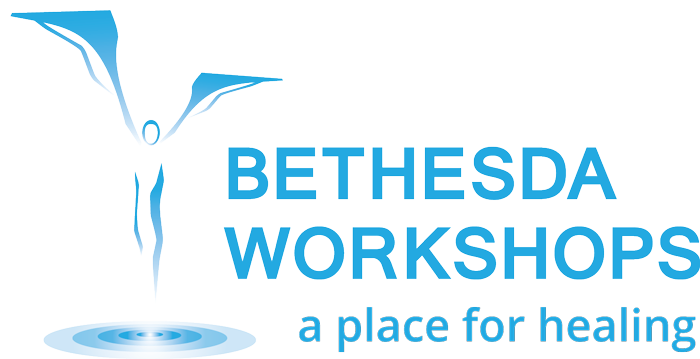According to multiple media reports, Americans are experiencing “coronavirus fatigue,” which is sometimes called “caution fatigue.” People are tired of worrying about an unseen threat, especially those who haven’t personally been infected by it. Across the country, people are deeply divided between two viewpoints about the pandemic: that it is still circulating as dangerously as ever, and that continued precautions are unnecessary overkill.
The debate about wearing masks is the flashpoint of this divide. Unfortunately, opinions have been politicized on both sides, and the changing, confusing information from even trusted sources like the CDC or WHO hasn’t helped. I admit I find the dispute baffling and ridiculous.
I believe the science about the transmission of COVID-19. I believe equally the experience of other countries that have required their populations to wear masks in public – affirmed (in such cases as France, Germany, Italy, and Spain) by sustained and continuing diminution of the virus within their borders. Why in the world would millions of people submit to that requirement if it’s useless?
Wearing a protective face covering in public, especially indoors when among a crowd, is such a simple, inexpensive step. How can someone logically believe it doesn’t help to cover one’s nose and mouth? From coughs to colds to the flu, a routine medical suggestion is to cover your mouth if you’re the sufferer and to distance yourself from sick people to avoid becoming ill. When dealing with a deadly virus that is proven to be contagious before symptoms surface, protecting yourself and others is a no-brainer. I truly don’t understand how that straightforward precaution is so hard to grasp.
Until I think about the uncomplicated, modest steps associated with recovery from addiction – or healthy living, for that matter – that I sometimes find tiresome. I remember the proven practices of self-care, boundaries, meditation, exercise, and paying it forward that are part of addiction recovery, and I know how often I am too casual about practicing them day in and day out. It’s easier, less taxing, less time-consuming, and more fun sometimes to space off the consequences of ignoring these simple steps.
Denial is a powerful force, especially when facing reality is tough and changing behavior accordingly is tougher. It takes discipline, focus, and persevering about choices that are annoying or inconvenient at best and downright painful at worst. It’s naïve to think my actions don’t affect other people, that I can willy-nilly do what I please and it’s no one else’s business. In addiction language, that attitude sounds like relapse. In a pandemic, it also sounds uninformed at best, and in all honesty, darkly selfish.
(Yes, I realize that there are a few people for whom wearing a mask is problematic due to medical or other reasons, but the number in that category is just that: a few. I can’t believe that all the people I see in the media or encounter in public without face coverings are among those who are legitimately exempt.)
Yes, living a principled life characterized by healthy practices, attitudes, interactions, and sometimes self-sacrifice requires something disciplined of you. And it gets tiring. Some days I’m weary and worn out with
being an adult, and I want to throw a childish fit about my “rights” to do whatever I want. It’s tempting to think the rules of life don’t apply to me – that I can breathe in a bit of virus and not get infected with disease.
An idiom in 12-Step circles is recovery is simple, it’s just not easy. Whether the challenge is addiction, coronavirus, or accepting life-on-life’s-terms, the response is usually fairly simple. Do the next right thing. Be mature. Remember it’s not all about you.
Put on a mask.
Marnie C. Ferree
